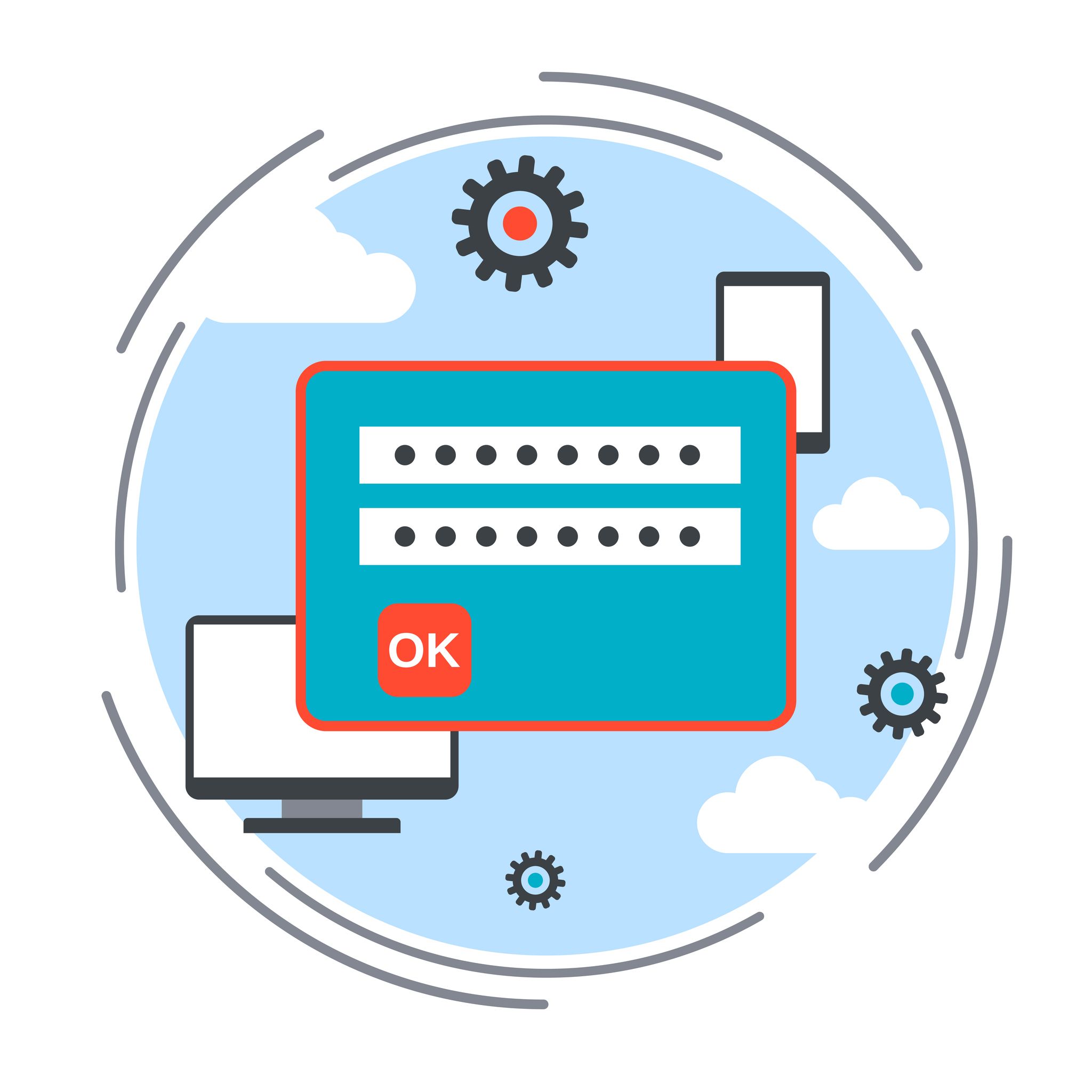 CLOUD
CLOUD
 CLOUD
CLOUD
 CLOUD
CLOUD
CodeLathe LLC, today introduced an enterprise version of its file-sharing and synchronization platform that enables organizations to manage document distribution and access across multiple shared resources with a fine level of control.
FileCloud Enterprise Edition is similar in concept to services such as DropBox Inc.’s DropBox and Microsoft Corp.’s OneDrive, but it works with existing file permissions and hierarchies while adding in features that enable administrators to specify how files are accessed and shared. A key difference between FileCloud and the better-known services is that FileCloud doesn’t require files to be copied to a master directory in the cloud, as DropBox and OneDrive do, said Chief Executive Madhan Kanagavel.
“A huge percentage of companies have too much stuff to move, or they can’t move files because of regulatory or privacy reasons,” Kangavel said. “We offer a storage-agnostic system where you can run entirely on your own infrastructure or in any cloud service you want,” as well as a combination.
That means files can remain on a company’s existing infrastructure and still be accessed remotely. Depending on permissions, users can download files to their remote personal computers and mobile devices and synchronize them back to the source location, or open the files remotely without creating a duplicate version.
In the latter instance, those files aren’t downloaded to your device. “They’re streamed as you work,” he said. The software is compatible with Microsoft’s Office 365 browser extensions. Users and administrators can lock individual files upon opening so that others can’t edit them, and locking can be modified with expiration dates.
The enterprise edition of FileCloud, which started as a consumer service, offers an array of administrative controls. For example, administrators can deploy and configure a large number of end-user computing devices with a few clicks. “You can send a mass command to all client applications to change configurations in one shot,” Kangavel said. For example, if the administrator wants to change permissions on a shared folder, those changes can be rippled out to every client without configuring each one individually.
A mobile data management-like feature called “remote health monitoring” continually checks the status of remote devices and user actions and provides an audit trail and delegation capabilities to detect security threats. “The admin can see every device and every app, click on a device and see detailed troubleshooting information,” Kangavel said. “This gets pushed to the dashboard without having to interact with the end user.” FileCloud also includes federated search and e-discovery capabilities for locating sensitive data across many devices.
The software runs on Windows servers or as a hosted service in the company’s cloud. It inherits all existing permissions in Active Directory or as defined in the Lightweight Directory Access Protocol. Pricing begins at $4.50 per user per month.
Support our mission to keep content open and free by engaging with theCUBE community. Join theCUBE’s Alumni Trust Network, where technology leaders connect, share intelligence and create opportunities.
Founded by tech visionaries John Furrier and Dave Vellante, SiliconANGLE Media has built a dynamic ecosystem of industry-leading digital media brands that reach 15+ million elite tech professionals. Our new proprietary theCUBE AI Video Cloud is breaking ground in audience interaction, leveraging theCUBEai.com neural network to help technology companies make data-driven decisions and stay at the forefront of industry conversations.